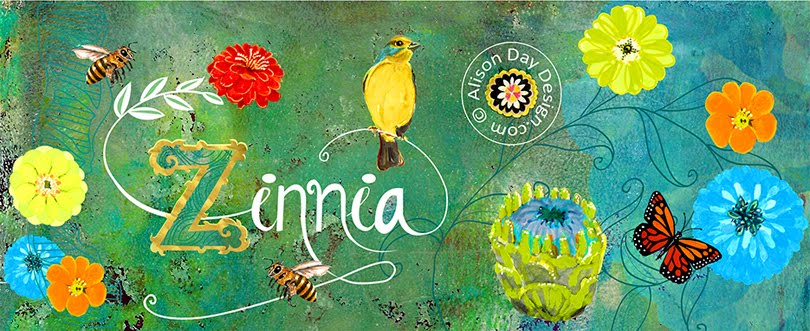I
had absolutely no qualms about leaving behind what must have been one of the
wettest Augusts on record for a two-week holiday on the island of Crete in
Greece.
My
friends Kate and Luc, who emigrated there a couple of years ago, picked me up
at the hot and chaotic airport of Heraklion and we sped off in their jeep in a
westerly direction to Rethymnon, situated on the northern coast of the
island—cans of ice-cold beer in hand.
It’s
fifteen years since my last visit to Crete , and
of course during this time there has been a lot of change and restoration. As a
tourist attraction Rethymnon manages to cater for the wishes of its
visitors without compromising its customs and traditions. The old town of
Rethymnon for example, has still retained its charm, with the local butchers,
bakers, and corner shop all still in existence. This is no mean feat in a day
and age of the larger supermarket and mass production breathing down their
necks.
Historically, Crete and
particularly Rethymnon has a broad history dating back as far as the Neolithic
period. Modern day Crete only became part of Greece
The south coast of the island is
easily accessed by moped, motorbike or car. Driving through the mountainous
regions on the way is more than impressive. The roads twist over and around
dry, orangey coloured rocky hills, daubed with green vegetation, which has
managed to escape the heat so far; through gorges with sheer rock faces on
either side. Village signs are shot full of holes in celebration of the birth
of a child or just for sport. Locals sit in the shade on wooden chairs
discussing life and the universe; the men often stripped down to their vests in
an attempt to keep cool. Every bend in the road with an alarming drop
seems to have a shrine in memory of someone who managed to misjudge it.
As with most places in the world there
is also an expatriate presence on Crete ,
who meets regularly for coffee mornings and lunches in small tavernas by the
sea. There is the CIC (Cretan International Community of Chania) in Chania and
the Rethymnon group, whose members I found to be very open and friendly.
© Alison Day



